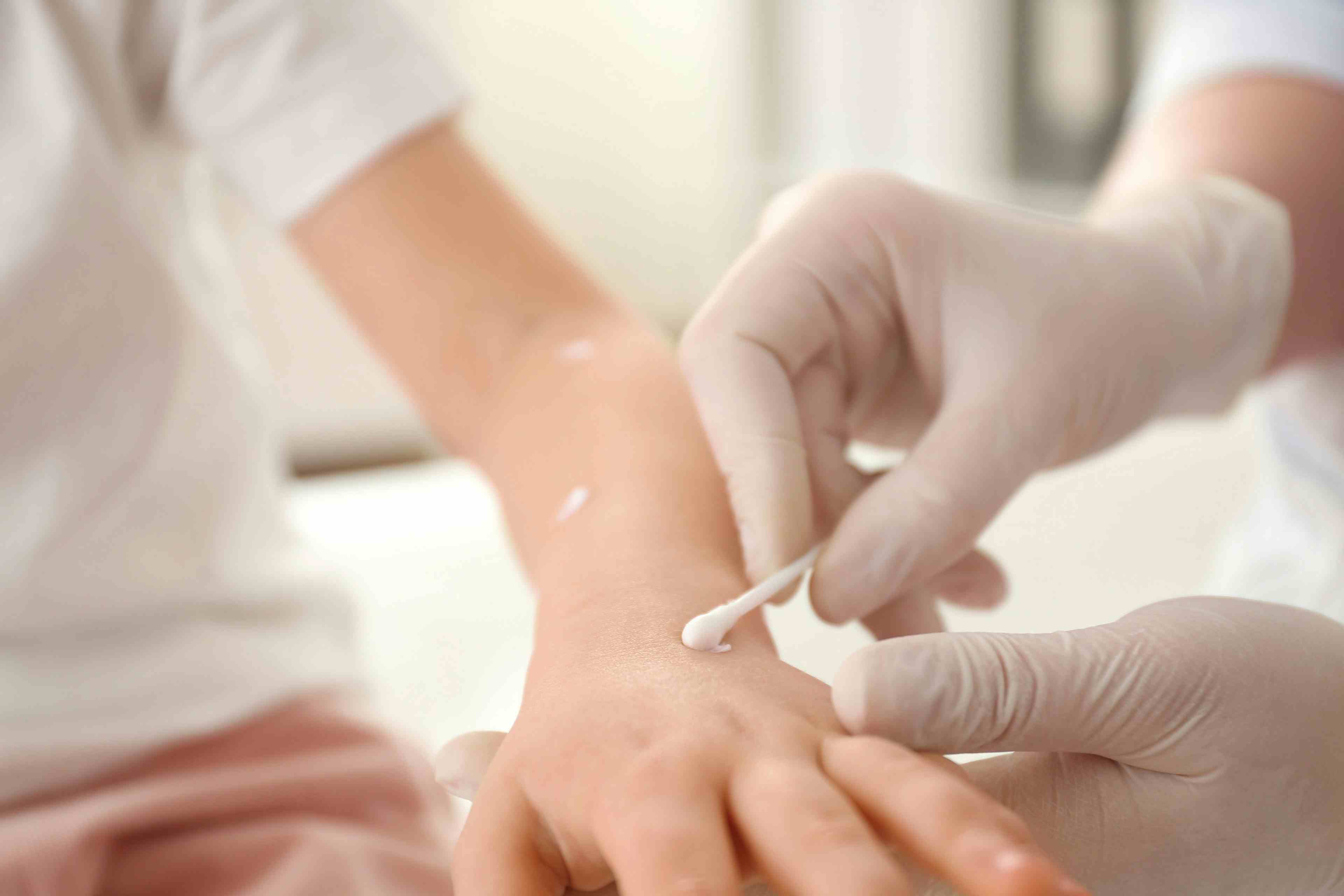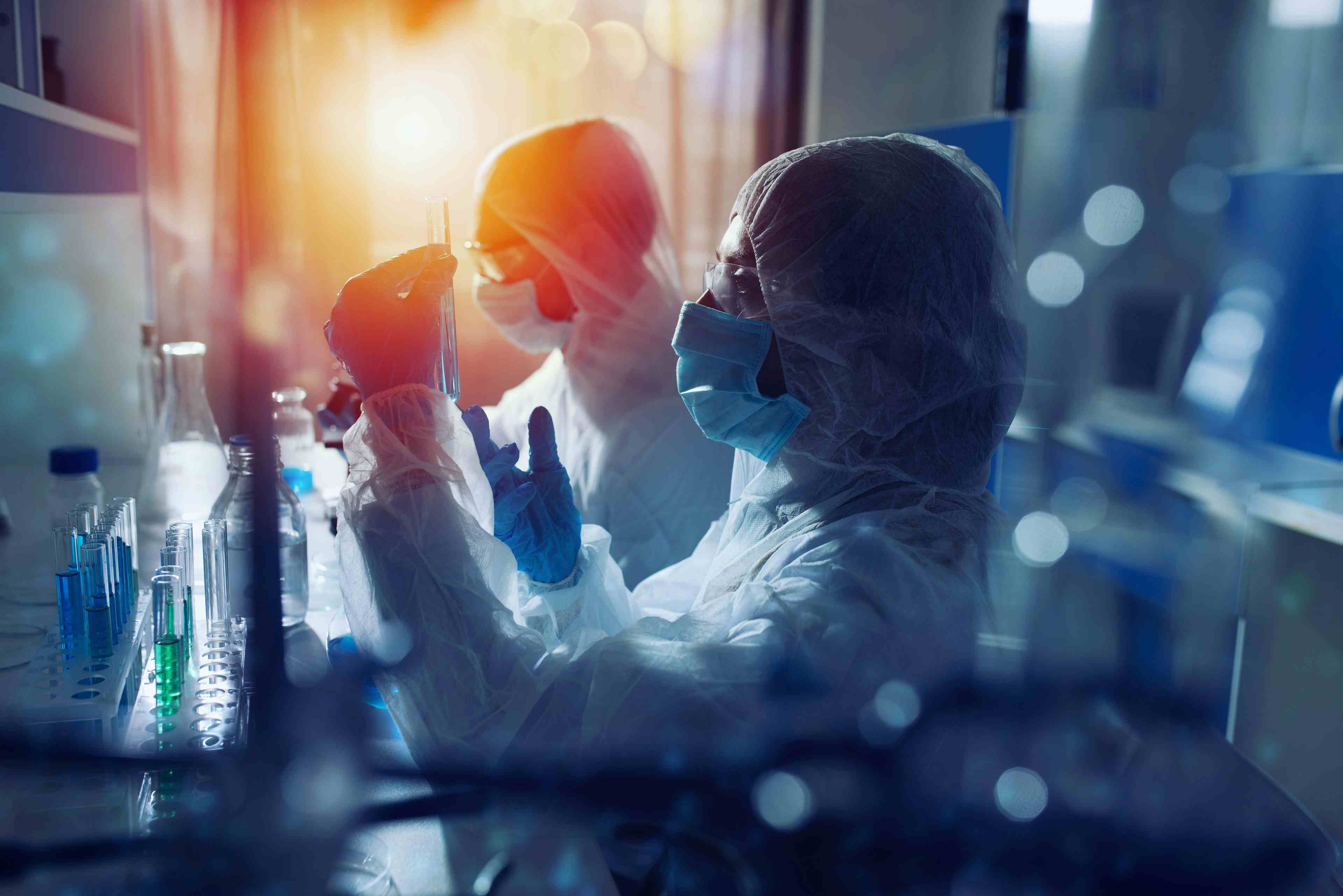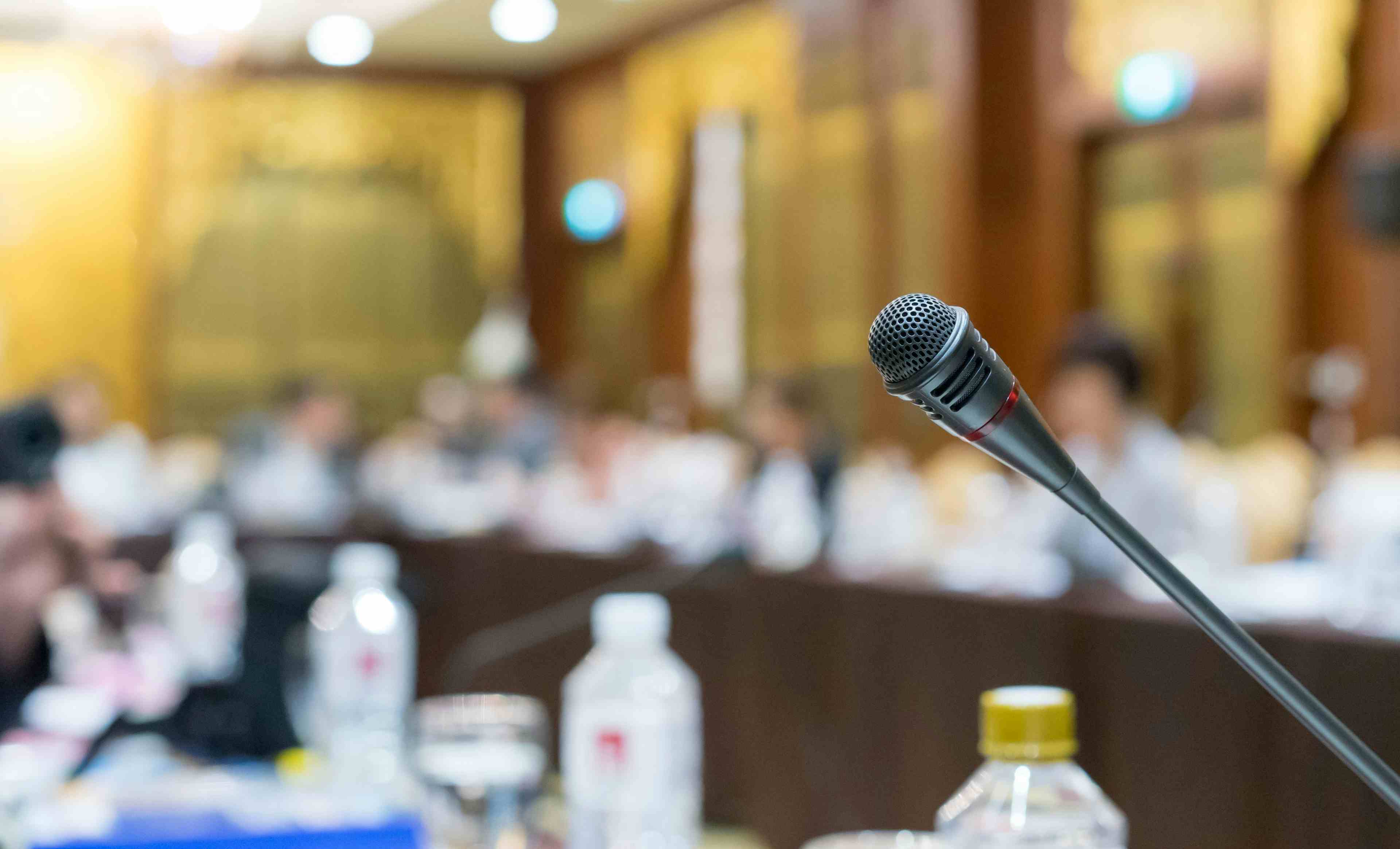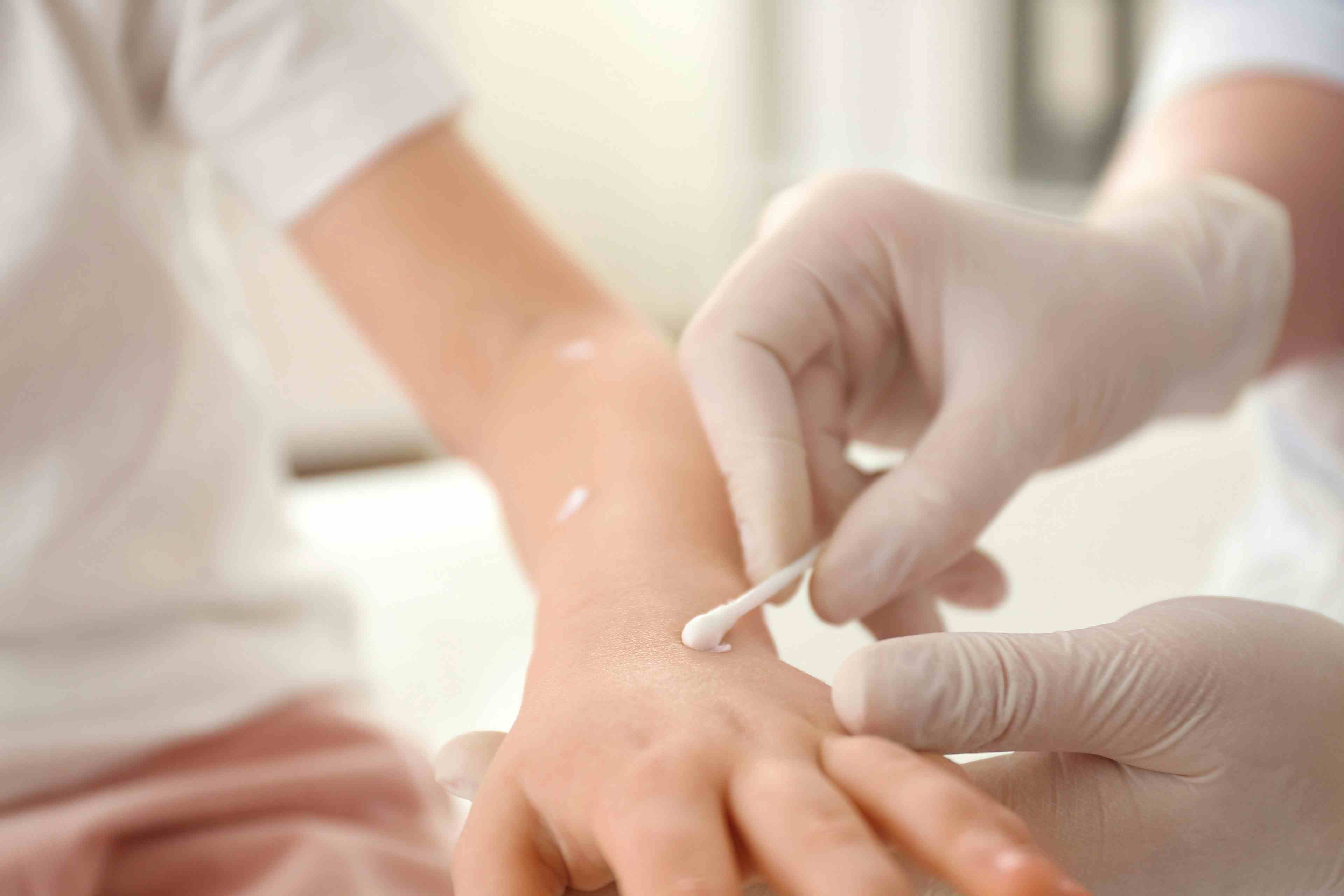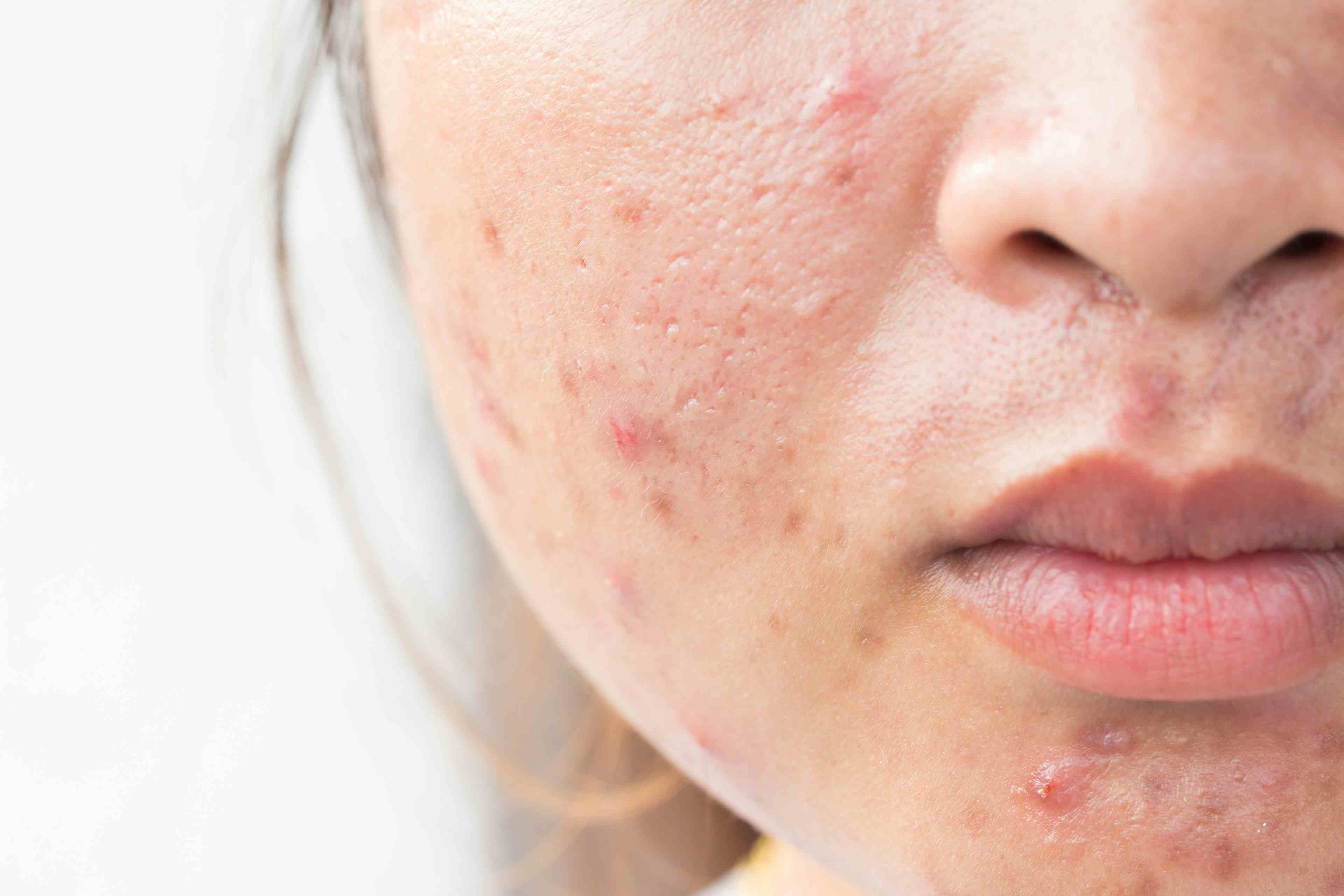- Acne
- Actinic Keratosis
- Aesthetics
- Alopecia
- Atopic Dermatitis
- Buy-and-Bill
- COVID-19
- Case-Based Roundtable
- Chronic Hand Eczema
- Chronic Spontaneous Urticaria
- Drug Watch
- Eczema
- General Dermatology
- Hidradenitis Suppurativa
- Melasma
- NP and PA
- Pediatric Dermatology
- Pigmentary Disorders
- Practice Management
- Precision Medicine and Biologics
- Prurigo Nodularis
- Psoriasis
- Psoriatic Arthritis
- Rare Disease
- Rosacea
- Skin Cancer
- Vitiligo
- Wound Care
Article
Third partial face transplant performed
International report - French surgeons have performed the world's third partial face transplant - with "already amazing" results - on a man suffering from the rare genetic disorder neurofibromatosis.

A team of nine physicians performed the surgery in late January at Henri Mondor Hospital in a Paris suburb. It is the second such procedure performed in France.
The 15-hour transplant involved a 27-year-old male patient to whom surgeons gave a new nose, mouth and chin while replacing parts of his cheeks, says Laurent Lantieri, M.D., head of plastic surgery at Henri Mondor Hospital and the surgical team's leader.
"The excision induced major blood loss - more than 20 L - and was the most difficult step," Dr. Lantieri tells Dermatology Times.
Meanwhile, harvesting of the donor tissue occurred concurrently in another Paris-area hospital, he says.
"Coordination was perfect, as we managed to have only two hours ischemia time," he says.

"We performed end-to-end anastomosis on both the external carotid and the main trunk, going directly from the jugular vein, and end-to-side anastomosis between the recipient facial nerve and donor facial nerve," he says.
Together, these procedures took 11 hours, but proceeded smoothly, he adds.
"So far the patient is doing fine," Dr. Lantieri said in early February.
Biopsies conducted at days three, seven and 10 postsurgery showed no lymphoid infiltration.
At press time, it was still too early for the patient to have sensation or movement in the transplanted tissue, Dr. Lantieri notes.
Although the patient will require surgical revision, "The initial result is already amazing," Dr. Lantieri says. "He has asked us to remove all the curtains" covering the mirrors in his hospital room.
Reactions mixed
As with previous face transplants, reactions worldwide are mixed.
The news is "very positive," says John H. Barker, M.D., Ph.D., director of plastic surgery research and head of the face transplant project at the University of Louisville, Louisville, Ky.
He says the case is similar to that of the first partial face transplant recipient, Isabelle Dinoire, in that the procedure clearly would yield "a huge difference. And there aren't very good alternative methods for healing someone with neurofibromatosis."

Dr. Lantieri says his team consulted France's Health Products Safety Committee (AFSSAPS) and local IRB authorities extensively, which led to several modifications to the transplant protocol.
Newsletter
Like what you’re reading? Subscribe to Dermatology Times for weekly updates on therapies, innovations, and real-world practice tips.




